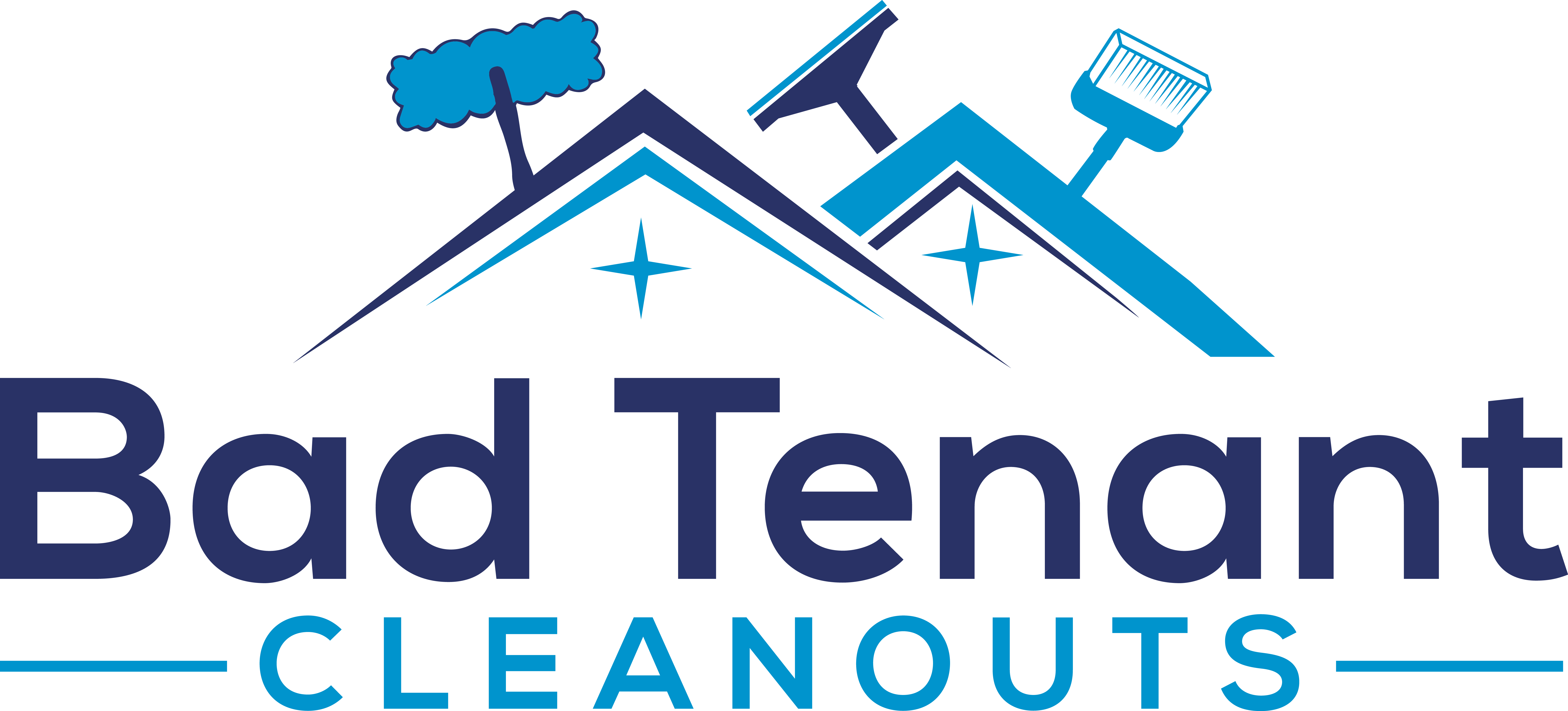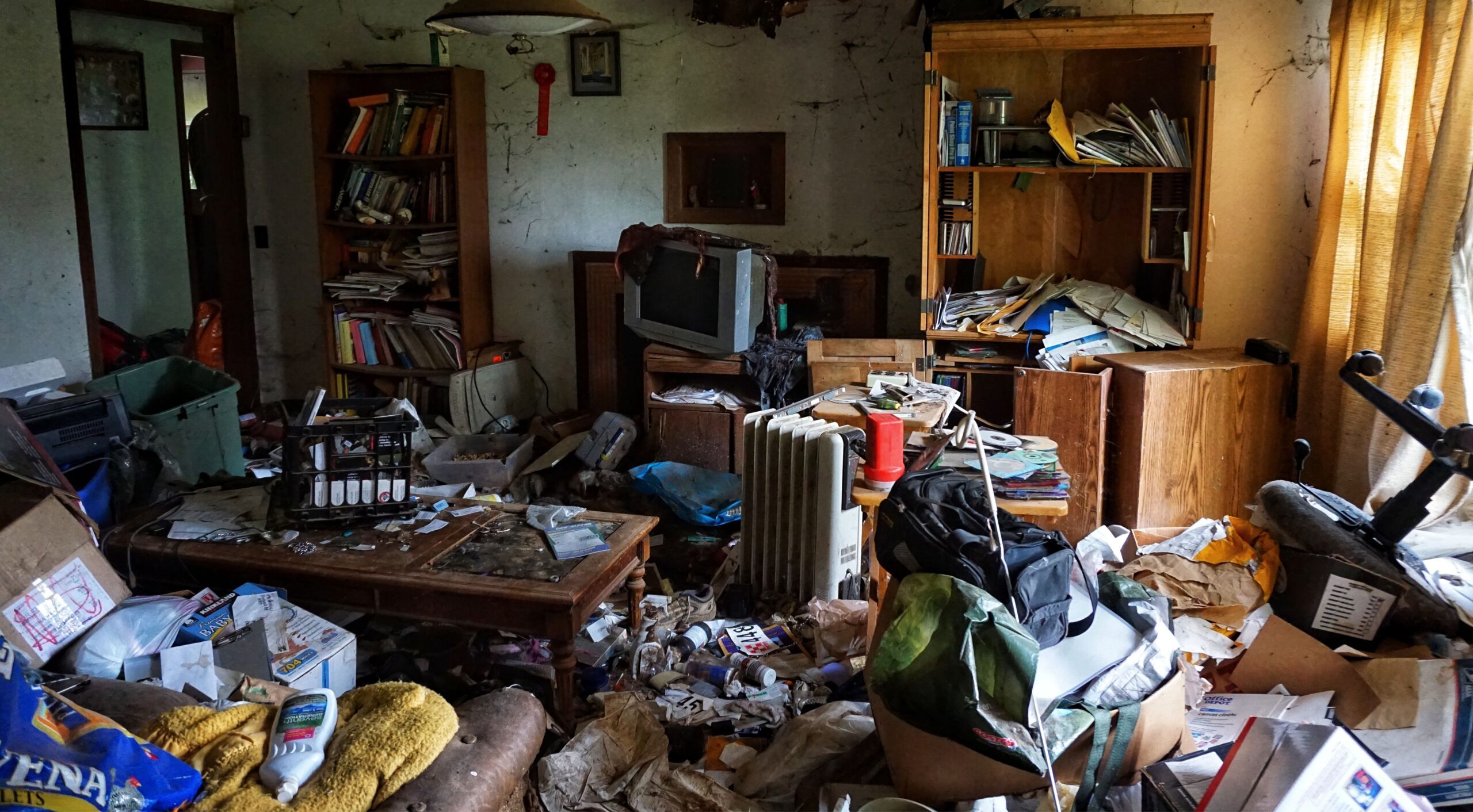Can a Landlord Charge a Cleaning Fee After You Move Out in Ontario, Canada?
When a tenant moves out of a rental property, questions often arise about the condition in which the unit should be left. One common concern for both landlords and tenants is whether the landlord can charge a cleaning fee after the tenant has vacated. In Ontario, Canada, the rules regarding cleaning fees are guided by the Residential Tenancies Act (RTA) and legal precedents. This article will explore the legalities around charging a cleaning fee, what is expected of tenants, and how landlords should handle the process to avoid disputes.
1. Understanding the Residential Tenancies Act (RTA)
The Residential Tenancies Act is the main piece of legislation that governs the rights and responsibilities of both landlords and tenants in Ontario. Under the RTA, landlords have a legal obligation to maintain rental units in a good state of repair, ensuring they are fit for habitation. However, the RTA does not specifically mention cleaning fees in the context of a tenant moving out.
What the RTA does stipulate is that a tenant must return the rental unit in the same condition as when they first moved in, aside from normal wear and tear. This means that while landlords can expect the unit to be clean, they cannot charge a cleaning fee unless the tenant has left the unit in a state that goes beyond normal wear and tear.
2. Normal Wear and Tear vs. Excessive Damage
One of the key factors in determining whether a landlord can charge a cleaning fee is distinguishing between “normal wear and tear” and “excessive damage.” Normal wear and tear refer to the gradual deterioration of a property that occurs over time through regular use. This can include things like:
- Minor scuff marks on walls
- Faded paint
- Lightly worn carpets
- Minor scratches on floors
These are considered the landlord’s responsibility to address and are not chargeable to the tenant.
Excessive damage, on the other hand, goes beyond what would be expected from regular use. This could include:
- Large holes or deep scratches in the walls
- Stains or burn marks on carpets
- Broken tiles or fixtures
- Extensive dirt, grime, or filth left behind
In cases where a tenant has caused excessive damage or left the unit in a significantly dirty state, the landlord may be justified in charging for the cost of cleaning or repairs. However, this should not be labeled as a “cleaning fee” per se but rather as a cost associated with returning the unit to its original condition.
3. Security Deposits and Cleaning Fees
In Ontario, landlords are not allowed to collect security deposits beyond the last month’s rent. This is different from some other jurisdictions where landlords may collect a damage deposit specifically intended to cover cleaning costs if necessary. Since Ontario law restricts the use of deposits, landlords must rely on other legal avenues to recover cleaning costs.
If a tenant leaves the rental unit in an excessively dirty condition, the landlord may apply to the Landlord and Tenant Board (LTB) to claim the cost of cleaning or repairs from the tenant. The landlord would need to provide evidence, such as photos or videos, documenting the state of the unit after the tenant moved out compared to when they moved in.
4. Lease Agreements and Cleaning Clauses
While the RTA provides the general framework, lease agreements can include specific clauses regarding the tenant’s responsibility for cleaning. Some landlords may include a clause in the lease requiring the tenant to have the unit professionally cleaned upon moving out. However, even with such a clause, the landlord cannot automatically charge a cleaning fee if the tenant leaves the unit in a condition consistent with normal wear and tear.
If a lease includes a cleaning clause, it must be reasonable and clearly outlined. The landlord should not expect the tenant to leave the unit in a condition better than it was when they moved in. It’s important for landlords to keep detailed records of the unit’s condition at both the start and end of the tenancy to support any claims for cleaning costs.
5. Steps to Take When a Tenant Moves Out
To avoid disputes over cleaning fees, landlords should follow these steps when a tenant is preparing to move out:
- Conduct a Pre-Move-Out Inspection: A few weeks before the tenant is scheduled to move out, conduct an inspection of the unit. This gives the tenant an opportunity to address any cleanliness issues or minor repairs before vacating the property.
- Provide a Cleaning Checklist: Give the tenant a checklist that outlines what needs to be cleaned before they move out. This can include tasks like cleaning appliances, wiping down surfaces, and vacuuming carpets. Providing clear expectations can help ensure the unit is returned in good condition.
- Final Inspection: After the tenant has moved out, conduct a final inspection of the unit. Document the condition of the property with photos or videos, focusing on any areas that may require cleaning or repairs.
- Communicate with the Tenant: If you find that additional cleaning is necessary, communicate this to the tenant as soon as possible. Provide them with an itemized list of cleaning tasks and the associated costs. If the tenant disputes the charges, be prepared to provide evidence of the unit’s condition.
6. Dispute Resolution
If a tenant disagrees with a cleaning fee or charges related to cleaning, they have the right to dispute it through the Landlord and Tenant Board. The LTB will consider the evidence provided by both the landlord and tenant and determine whether the charges are justified.
To strengthen their case, landlords should:
- Keep Detailed Records: Maintain thorough records of the unit’s condition at move-in and move-out, including photos, videos, and inspection reports.
- Be Reasonable: Only charge for cleaning or repairs that go beyond normal wear and tear. Overcharging or including unnecessary fees can lead to disputes and potential legal issues.
- Follow the Lease Agreement: Ensure that any charges or fees align with what was agreed upon in the lease. If there’s no clear provision for cleaning fees, it’s unlikely the LTB will rule in favor of the landlord.
Preparing for a Smooth Transition
Understanding the legalities around charging a cleaning fee after a tenant moves out is crucial for landlords in Ontario. While the Residential Tenancies Act provides some guidance, clear communication, detailed documentation, and a fair approach are key to avoiding disputes. By setting clear expectations with tenants from the beginning and handling move-outs with care, landlords can ensure a smooth transition between tenancies without unnecessary conflict.


